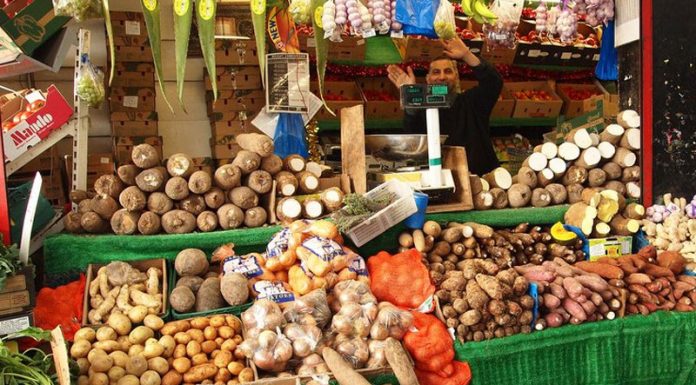With the rising demand for food in Nigeria and the need to prevent food shortages amid several challenges, the federal government through the National Agricultural Land Development Authority, (NALDA) has embarked on aggressive food production in Plateau State has embarked on ‘Aggressive Food Production in some communities in Plateau state.
The Executive Secretary and Chief Executive Officer, CEO, NALDA, Paul Ikonne at the flag-off of the project in Plateau state said President Muhammadu Buhari had directed them to provide more food for Nigerians to mitigate possible food crises occasioned as result of the ongoing Russia/Ukraine war.
According to Ikonne, the project is the first of its kind being a Federal Government agricultural intervention in rural communities where the bulk of Nigerian food is being produced.
Projects under the ‘Aggressive Food Production’ launched include the cultivation of 200 hectares of maize farm for the 2022 wet season, five solar-powered boreholes for dry season irrigation farming and to serve as a source of water supply for the communities, and distribution of inputs which were Seeds, herbicides, pesticides and fertilizers to about 600 benefiting farmers through the traditional rulers and youth leaders.
“This being the first time they are having the federal presence of any kind, this shows how committed Mr. President is in reaching the unreached using agriculture,” Ikonne said.
“It also shows how committed Mr. President is to achieving food security and engaging our youth.
“What NALDA is doing at this time is to encourage farmers and individuals to aggressively go into farming in order to achieve food security considering the situation the world would be going into as a result of the Russia/Ukraine War.
“So these steps we are taking are to ensure that Nigeria those not experience any form of food shortage or go cap-in-hand looking for food.”
Meanwhile, the communities voluntarily donated 618 hectares of farmland for the execution of the projects under the initiative, which slated 200 hectares for the first phase and that would be for the cultivation of maize with a targeted tonnage of 1000 metric tonnes.
Before the distribution of the input, land preparation activities had been carried out by NALDA.



